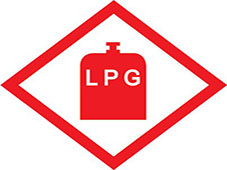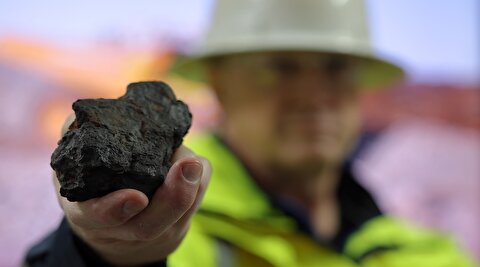
US, China affirm support for phase one trade deal

Chinese vice-premier Liu He, US treasury secretary Steven Mnuchin and trade representative Robert Lightizer held a phone call earlier today Beijing time to discuss the trade deal and other economic issues, including the impact of the Covid-19 pandemic.
Both sides agreed that good progress is being made on creating the infrastructure needed to make the deal a success, the US Trade Representative's office (USTR) said. "In spite of the current global health emergency, both countries fully expect to meet their obligations under the agreement in a timely manner," it said.
Chinese state media confirmed the call but did not repeat the USTR's language on fully meeting the deal's obligations.
"The two sides agreed that they should enhance macroeconomic and public health co-operation, create a favourable atmosphere and conditions for the implementation of the China-US phase one trade deal, and strive for positive outcomes," state-owned news agency Xinhua said.
The call may help smooth over US-China relations, which have come under pressure in recent days, as Washington pushed unsubstantiated claims about Beijing's culpability in the spread of the Covid-19 pandemic. Beijing denies the claim, advising Washington to focus on containing the pandemic instead of blaming China for it.
The two governments briefly dialled back confrontational statements after a phone conversation that Trump held with his Chinese counterpart Xi Jinping in late March, focusing on the prospect of a major trade agreement signed on 15 January that commits Beijing to buying $200bn worth of US energy and other products in 2020-21. But the phase one deal, which looked too ambitious even before the pandemic, is looking even more unrealistic given the economic dislocations in both countries. "The deal was superseded by a virus that should have never happened," Trump said last month.
China did not take delivery of any crude or LNG from the US in the first quarter, although Chinese buyers have significantly picked up orders for US LPG since Beijing granted tariff exemptions in March.
By Kevin Foster


Gold price edges up as market awaits Fed minutes, Powell speech

Glencore trader who led ill-fated battery recycling push to exit

Emirates Global Aluminium unit to exit Guinea after mine seized

Iron ore price dips on China blast furnace cuts, US trade restrictions

Roshel, Swebor partner to produce ballistic-grade steel in Canada

US hikes steel, aluminum tariffs on imported wind turbines, cranes, railcars

EverMetal launches US-based critical metals recycling platform

Afghanistan says China seeks its participation in Belt and Road Initiative

Trump weighs using $2 billion in CHIPS Act funding for critical minerals

First Quantum drops plan to sell stakes in Zambia copper mines

Ivanhoe advances Kamoa dewatering plan, plans forecasts

Texas factory gives Chinese copper firm an edge in tariff war

Pan American locks in $2.1B takeover of MAG Silver

Iron ore prices hit one-week high after fatal incident halts Rio Tinto’s Simandou project

US adds copper, potash, silicon in critical minerals list shake-up

Barrick’s Reko Diq in line for $410M ADB backing

Gold price gains 1% as Powell gives dovish signal

Electra converts debt, launches $30M raise to jumpstart stalled cobalt refinery

Gold boom drives rising costs for Aussie producers

First Quantum drops plan to sell stakes in Zambia copper mines

Ivanhoe advances Kamoa dewatering plan, plans forecasts

Texas factory gives Chinese copper firm an edge in tariff war

Pan American locks in $2.1B takeover of MAG Silver

Iron ore prices hit one-week high after fatal incident halts Rio Tinto’s Simandou project

US adds copper, potash, silicon in critical minerals list shake-up

Barrick’s Reko Diq in line for $410M ADB backing

Gold price gains 1% as Powell gives dovish signal

Electra converts debt, launches $30M raise to jumpstart stalled cobalt refinery

















